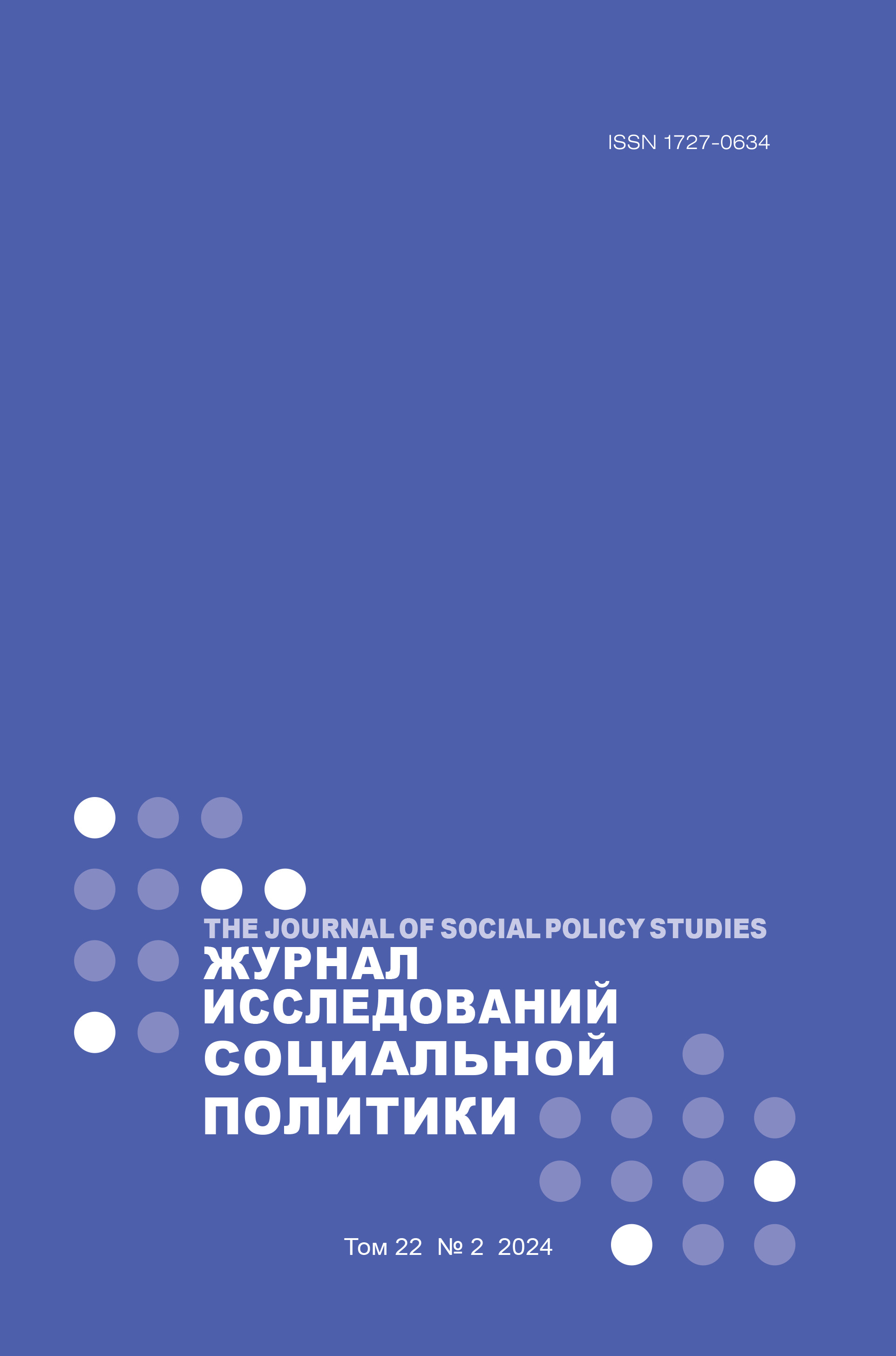Autonomy as a Criterion for the Principle of Targeting State Social Support to Regional Families
Abstract
This article highlights the problem of the high level of poverty among families with children in Russia. It is noted that the most effective way to combat this phenomenon is the monetary nature of support. However, the inefficiency of social transfers makes it impossible to solve the problem. The solution, according to experts, is to make payments more targeted. Despite the significant development of the problem of targeting, its actual implementation faces a number of difficulties, one of which is the limitations of the existing theoretical and methodological guidelines that characterize the directives for social development. Thus, the need to expand the theoretical base in order to more clearly identify the recipients of state support is actualized. It is proposed to use the concept of autonomy as a basis for the application of the principle of targeting in social policy towards families. In the course of the theoretical analysis, it is shown that the identical concept of “well-being”, has long been the methodological basis for research and targeting in social policy, has drawbacks when working with families. The verification of the ideas about the nature of family autonomy was reflected in the analysis of the results of an empirical study, conducted by the authors in the form of a questionnaire. The use of cluster analysis made it possible to create a typology of families in terms of their autonomy and to consider the spatial distribution of the types obtained in the Tyumen region. The variability of autonomy as a social characteristic, its dependence on various factors, primarily territorial ones, is noted. The article concludes by stressing the key role of regional family policy in ensuring the quality of life of the family population. of regional family policy in ensuring the quality of life of the family population.















